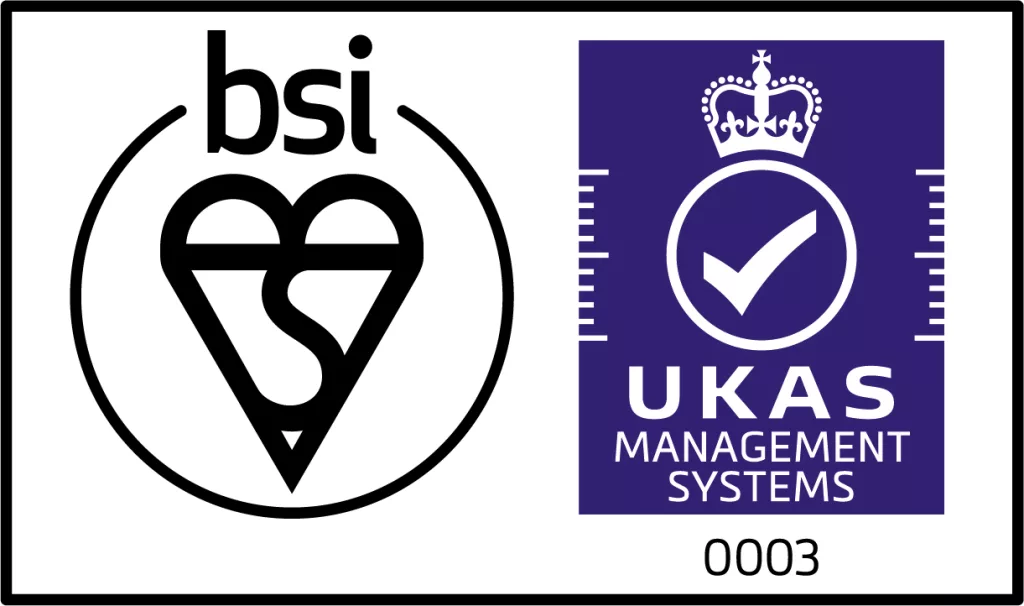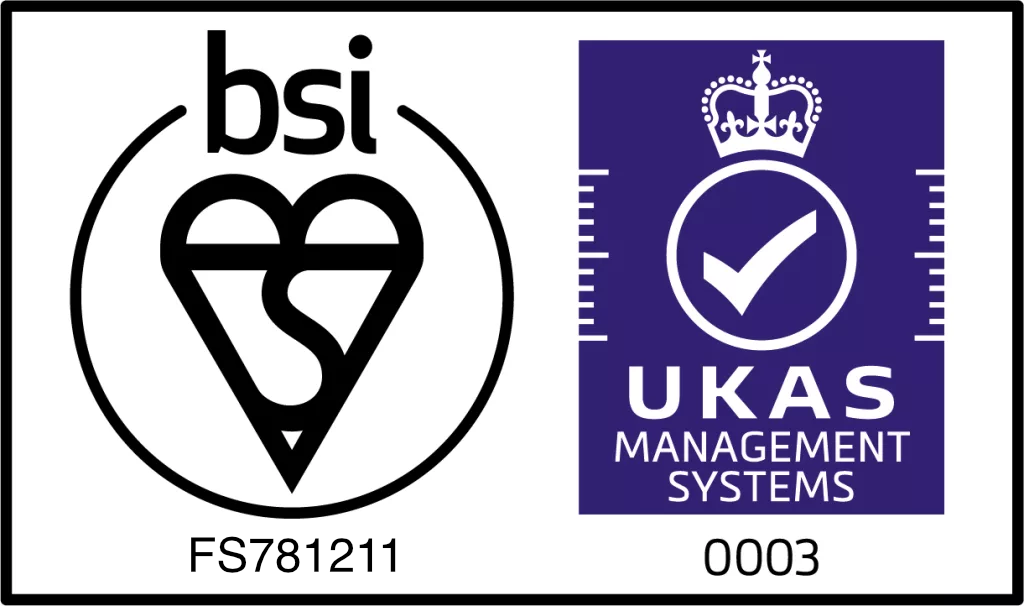
This might sound like a stupid question but oddly seems to be a contentious discussion point depending on who I’m talking to. I’ve heard:
- “We don’t even look at that mate”
- “We only do a programme because the contract says to”
- and “What’s the point, it’s all going to change tomorrow anyway”.
These are the negative comments, I’ve also had some great feedback from people that didn’t always appreciate the need or power of a good programme
- “I didn’t realise how powerful having a decent programme is”,
- “I didn’t realise you could do that! Makes my job so much easier”
- and “Without the programme assessment we wouldn’t have been able to demonstrate commercial change as easily”
So back to my initial question, who it the programme for?
Is it for:
- The workforce to know where they are working each day?
- The Agent/Sub-Agent to know when materials, inspections and testing is needed each week?
- Site logistics?
- Deconfliction between trades?
- Commercial teams to assist in the impact of change?
- Project Manager to assess resource levels and help manage Sub-Contractors.
The list goes on and on, but you get the idea. In reality there is no one person or discipline a programme is for. In my opinion the answer to the question is “the project”, the programme is meant to deliver and manage the project.
It should not be done just because the contract requires it, there are many other purposes.
It shouldn’t be done just for the assessment of change, after all if the programme isn’t being used for delivery, then the assessment of change will be fundamentally flawed and won’t be worth the paper its written on.
It certainly shouldn’t be held back just because change is coming. I’ve worked on many projects that experience vast amounts of change and the only way to keep on top of this is regular and concise programme updates with detailed narratives. Simply delaying a programme because change is coming is dangerous, after all we work in construction, there’s normally change around the corner in one form or another…
The key to all of this is knowing what each party needs to use the programme to its full potential. That might mean you have a large schedule. Not a problem, it can be easily filtered if set up correctly and a filtered version supplied (Caveat, always with the full programme so its transparent and not blinkered).
There should also only be one programme. This might be in different forms i.e., you long term and short-term programmes but they should be the same plan and should be cross referenceable. A short-term plan being delivered on site that bears no resemblance to the long-term project plan is a recipe for disaster.
The project needs a plan that allows everyone else to do their respective roles. Setting up the programme to be able to do this is a skill and we can help so if you want to have a discussion about your projects then get in touch.
Planetal provides Tendering, Delivery Planning and Forensic Delay Expert Services to the construction industry. For more information on how we can help click one of the links below:
Forensic Delay Expert Services
For any further information or to discuss any programme requirements contact us on:







